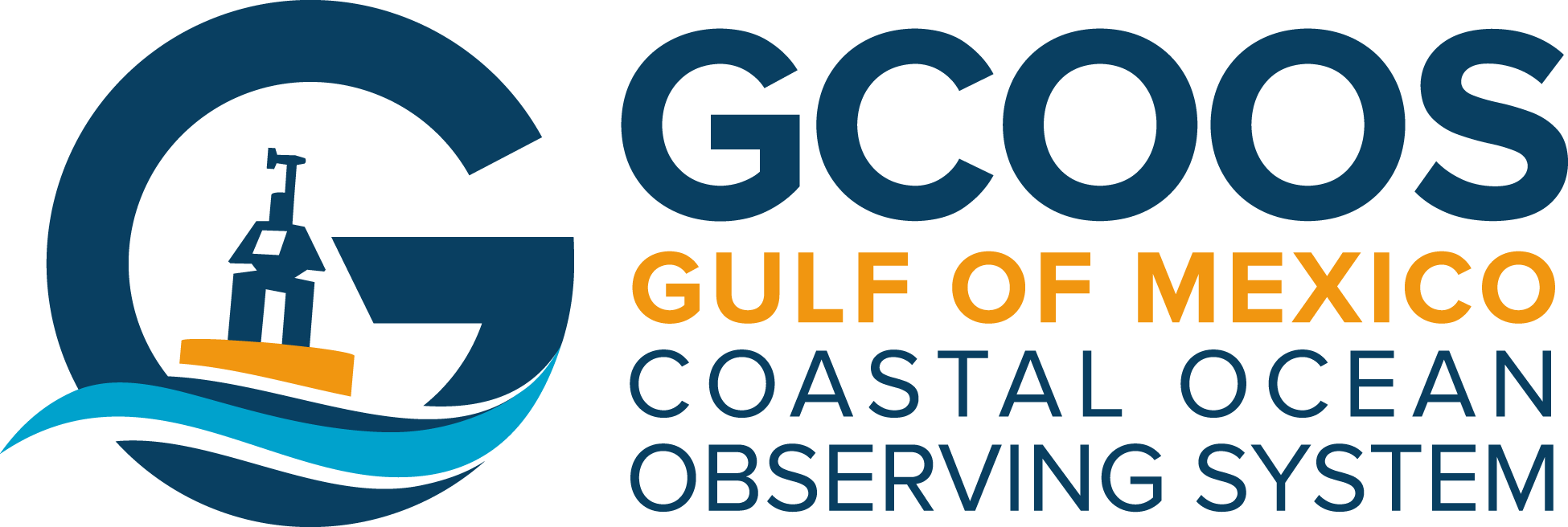Newswise — The Gulf of Mexico is the world's ninth largest body of water and is bounded by five U.S. states and six states in Mexico. But while international politics draw clear boundaries between U.S. and Mexican waters, the environmental reality is that ocean currents move seamlessly from one country to the other and that issues affecting the Gulf affect both countries.
Scientific leaders from the U.S. and Mexico recently took steps to strengthen their collaborations to develop better ocean-observing capabilities and improve data sharing Gulf-wide during the Eighth Ordinary Session of the Consortium of Institutions for Marine Research in the Gulf of Mexico and Caribbean at a meeting in Mexico City. At that February meeting, Mexico's Consortium of Institutions for Marine Research (CIIMAR) officially joined the Gulf of Mexico Coastal Ocean Observing System Regional Association (GCOOS-RA). The memorandum of understanding signed by Dr. José Piña, President of the CIIMAR and President of the University Juárez Autónoma de Tabasco (UJAT), and Dr. Barbara Kirkpatrick, GCOOS-RA Executive Director, will pave the way for scientists in the U.S. and Mexico to further share ocean information and to begin including data gathered by Mexican scientists on the GCOOS-RA data portal.
"Scientists in Mexico and the U.S. often collaborate on issues that affect both countries," Kirkpatrick said. "But with this new agreement, we're formalizing some of these relationships and will have the opportunity to implement a system that will allow us to seamlessly share data among our countries. That's especially important after natural or man-made disasters like oil spills, hurricanes and harmful algal bloom events because of the Gulf's circulation pattern. Water moves up from the Yucatan, toward the Panhandle and down through the Florida Straits. We're all impacted by what happens in the Gulf and it's time we really take that into account."
The signing of the agreement comes as the U.S. Bureau of Energy Management is opening up oil and gas lease areas in the Gulf and the Mexican government is implementing energy reforms that allow for oil and gas exploration.
Dr. Piña pointed out the importance of working together now so that both countries are preserving the Gulf of Mexico for future generations to come. "It's our shared responsibility to be able to prevent and respond to disasters and to preserve the Gulf for the financial and environmental prosperity it provides," he said. "Ecosystems have no borders, institutions do. That's why we must always work to move beyond the borders of our own organizations and governments for the betterment of the environment and for us all."
Technological advances are helping us learn more than ever before about our oceans, said Zdenka Willis, Director of the U.S. Integrated Ocean Observing System (IOOS). But unless that data is broadly shared, it is of little benefit. "Partnerships like this one being developed by GCOOS and CIIMAR are critical to using ocean observations to improve the daily lives of families and for helping countries respond to shared challenges. They are key to helping us all work together to preserve and ensure sustainable development of the precious ocean resources that sustain our way of life."
